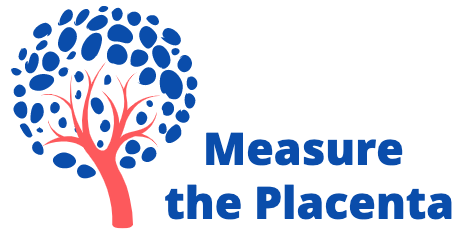Incorporate EPV into your practice
Thank you for your interest in implementing Estimated Placental Volume (EPV) in your practice, in order to estimate a fetus’ placental volume and percentile by gestational age.
This simple ultrasound measurement enables you to screen for placentas below the 10th percentile and above the 90th percentile. EPV measurements can begin at 20 weeks and continue every 3-4 weeks, similar to fetal growth scans. EPV is especially important during the third trimester, a time when the placental growth trajectory can change without secondary symptoms, and may factor into a recommendation for delivery.
The technique takes 3 measurements of width, height, and thickness, described in detail on Yale's Reproductive and Placental Research Unit website. Training options are available.
Our Research Archive includes relevant published research by category, including Small Placentas and Poor Outcomes, Fetal:Placental (F:P) Weight Ratio Normative Curves, Fetal:Placental (F:P) Weight Ratios and Poor Outcomes, Placenta Volume Measurement Impact on Birth Outcomes, Estimated Placental Volume (EPV) Validation, and Placenta Weight Percentile Normative Curves.
Join Mount Sinai in leading the way
In March 2022, The Mount Sinai Health System established the nation’s first multidisciplinary specialty clinic for women who have experienced stillbirth. Known as the Mount Sinai – Rainbow Clinic, it will support women and their families who have experienced stillbirth by providing enhanced clinical care and psychological support in subsequent pregnancies to help reduce fear, anxiety, and future perinatal losses. Patients will also have access to monitoring and testing services that are typically not available through other prenatal programs, such as estimated placental volume (EPV) monitoring, which can help guide the course of treatment and care.

